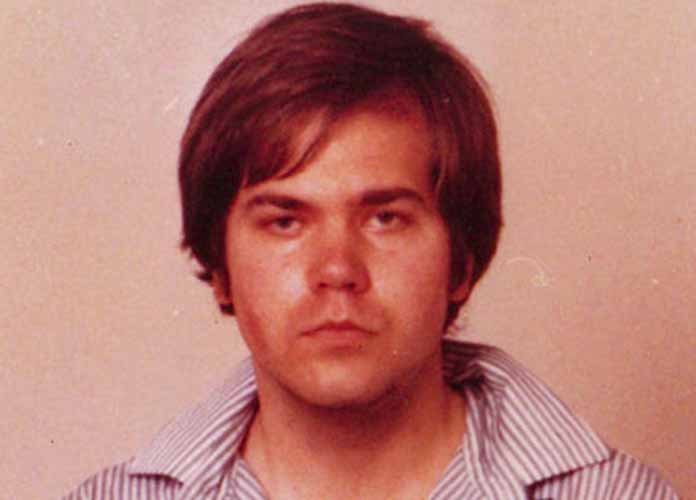John W. Hinckley Jr., Ronald Reagan’s Would-Be Assassin, To Be Released From Psychiatric Hospital
John W. Hinckley, Jr. will be released from a government psychiatric hospital following his attempt to assassinate president Ronald Reagan 35 years ago, a judge ruled on Wednesday.
John W. Hinckley Jr. Released From Psychiatric Hospital
Hinckley shot and injured Reagan, press secretary James Brady, U.S. Secret Service agent Tim McCarthy and D.C. police officer Thomas Delahanty with six bullets from a .22-caliber pistol outside Washington Hilton on March 30, 1981 — he was 25 at the time.
Hinckley claimed he shot Reagan to try to impress actress Jodie Foster, an object of his obsession after watching the film, Taxi Driver.
After an eight-week trial, a federal jury in Washington found Hinckley not guilty by reason of insanity in June 1982 of all 13-counts against him.
“Hinckley no longer poses a danger to himself or others and will be freed to live full-time with his mother in Williamsburg, Va., effective as soon as Aug. 5 subject to dozens of temporary treatment and monitoring conditions,” U.S. District Judge Paul L Friedman of Washington wrote in a statement on Wednesday.
If Hinckley obeys all restrictions, they could begin to be phased out after 12 to 18 months, removing him from court control for the first time since he was confined to St. Elizabeth’s hospital after the assassination attempt, according to the order.
Hinckley reportedly lived at the hospital full time until the 1990s, when he was allowed supervised visits with family members that were later extended to 17 days a month at the home of his 90-year-old mother in a gated golf course development.
The judge order limits Hinckley to a 50-mile radius of Williamsburg, Va., requires him to turn over information about his mobile phone and vehicles he will be driving, and forbids him from using social media, uploading any content or erasing any browser history from his computer.
Hinckley is under court orders not to speak with reporters, and his family would not comment on his release, his attorney Barry Wm. Levine said.
“Mr. Hinckley recognizes that what he did was horrific. But it’s crucial to understand that what he did was not an act of evil. It was an act caused by mental illness,” Levine added. “He is profoundly sorry and he wishes he could take back that day, but he can’t. And he has lived for decades recognizing the pain he caused his victims, their families, and the nation.”
RELATED ARTICLES
Get the most-revealing celebrity conversations with the uInterview podcast!




 Click here for the Kim Kardashian’s Most Revealing Selfies Slideshow
Click here for the Kim Kardashian’s Most Revealing Selfies Slideshow




Leave a comment